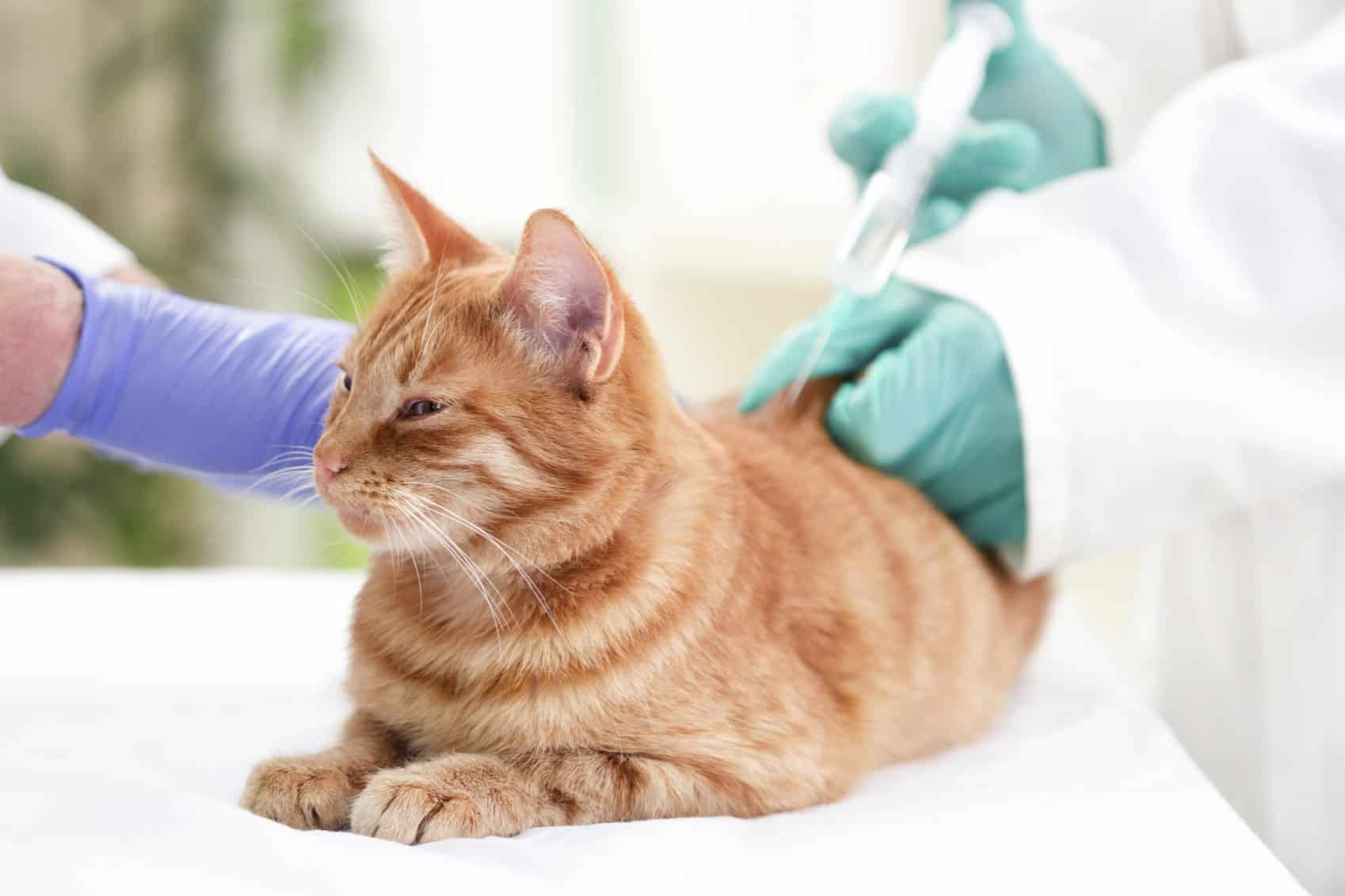Understanding Common Pet Vaccines and Why They Are Important
 Vaccinations have become something of a hot button topic over the past decade, with public fears and misinformation becoming media fodder. While not the most enthralling topic of conversation amongst pet owners, pet vaccines are one of the most important aspects of caring for your pet and ensuring his or her overall wellness and longevity.
Vaccinations have become something of a hot button topic over the past decade, with public fears and misinformation becoming media fodder. While not the most enthralling topic of conversation amongst pet owners, pet vaccines are one of the most important aspects of caring for your pet and ensuring his or her overall wellness and longevity.
Organizations such as the American Animal Hospital Association (AAHA), responding to the public interest in vaccine information, developed guidelines for cat and dog vaccine schedules based on their research, associated risks, and their effectiveness. Because of these efforts, we now have a much greater understanding of how each vaccine works, how long it remains effective, and the safety of our pets.
Ultimately, by vaccinating your pet, you are reducing the risk of him or her developing a serious, sometimes life-threatening illness.
Pet Vaccines 101: Core vs. Non-Core
Simply put, a vaccination is a modified bacteria, parasite, or virus administered to your pet by injection or intra-nasally to strengthen the immune system against these diseases. Vaccines are often divided into two distinct categories: Core and Non-Core.
Core vaccines protect against diseases that can affect cats and dogs throughout their lives. Generally speaking, core vaccines cover those illnesses that:
- Are transmissible to humans
- Are highly contagious
- Are serious or life-threatening to your pet
Common core vaccines for dogs in our area include: canine distemper, canine parvovirus, adenovirus and parainfluenza. Cat core vaccines cover: rabies, herpesvirus (rhinotracheitis), calicivirus/panleuaopenia, and feline distemper. In addition, canine rabies vaccinations are required by law in the state of California.
Non-core vaccines are those that are administered based on the risks of your pet coming into contact with the specific illness. These can include Bordetella (kennel cough), Lyme disease, leptospirosis, rattlesnake vaccine, feline leukemia, and feline chlamydophila. During your pet’s wellness examination, we will discuss any potential risks based on your pet’s lifestyle, exposure to the outdoors, kennel boarding, and possible risks associated with traveling with your pet.
When Does Your Pet Need to Be Vaccinated?
Your team at Rocklin Ranch recommends giving puppies and kittens a series of vaccinations starting when they are approximately eight weeks old. Young animals are especially vulnerable to disease as they become weaned and no longer get the natural immunity benefits of their mother’s milk.
In most cases, a series of vaccinations are scheduled three to four weeks apart, with the final vaccination series being administered after 16 weeks old.
What about Senior Pets?
Many loving pet owners question the need for vaccinations once their pets reach a certain age and wonder whether there are increased risks with a senior or aging pet. However, as your pet ages, his or her health and immunity can become compromised and the likelihood of developing an illness increases. Senior pets need booster vaccinations every 3 years so we recommend one vaccination per year during your senior pet’s regular wellness check-ups.
At Rocklin Ranch, we work with you to determine the healthiest, safest vaccine schedule for your four-legged friend. Our wellness exams and pet vaccines are very affordable and competitively priced, while keeping your pet’s health, safety, and happiness as our preeminent and guiding goal. To schedule a wellness appointment or discuss possible non-core vaccines your pet will need, please call us today.

